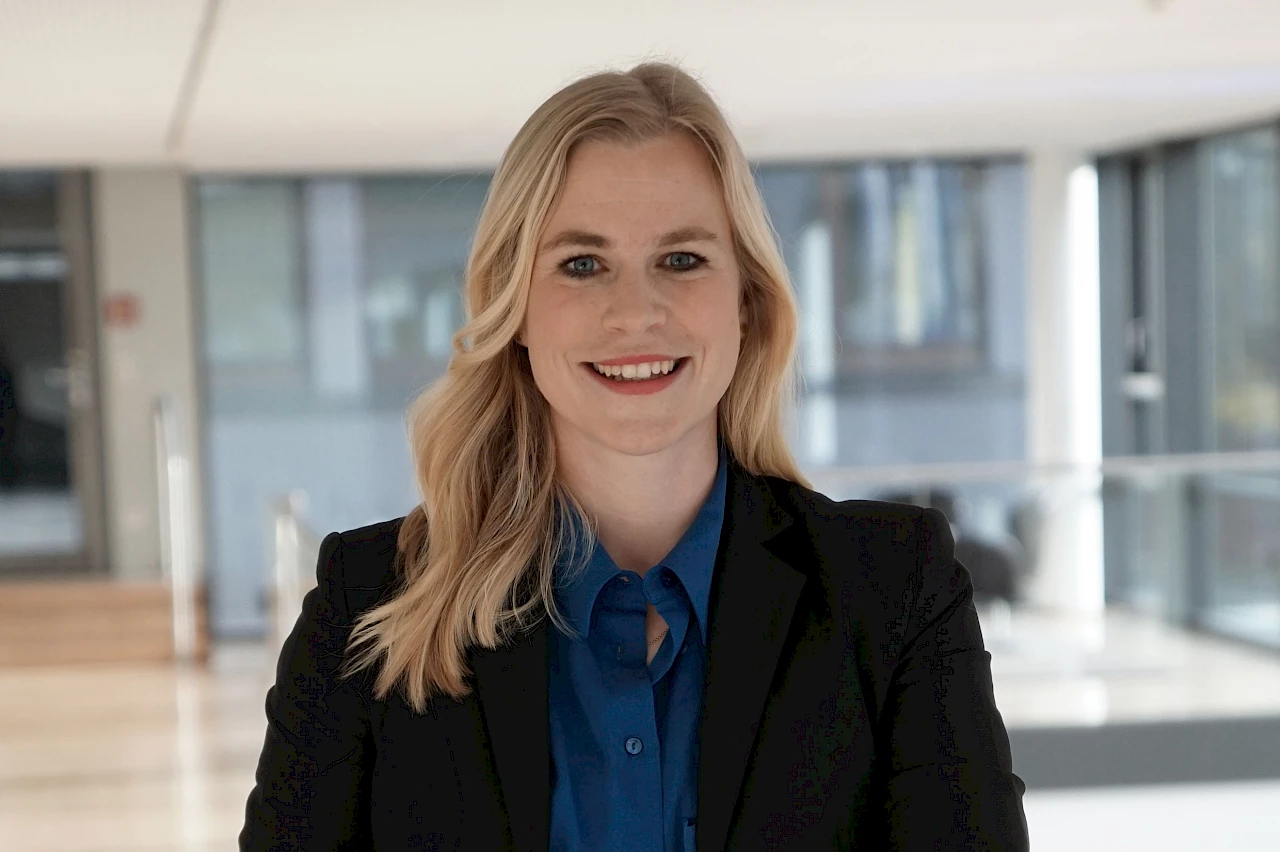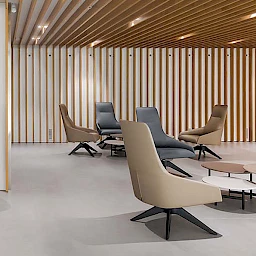Today the topics of employer appeal and the cultural transformation in companies are hotter than ever. The IBA Forum discussed these topics with Marisa Leutenecker, an expert on employer branding, New Work and corporate culture. We were especially interested in the question of how companies can successfully present themselves as attractive employers for Generation Z.
Companies are increasingly focusing on the significance of corporate culture in connection with employer branding. Why is corporate culture so important for employer branding?
In my opinion, corporate culture is a central factor that forms the foundation of every aspect of employer branding. Corporate culture addresses the company’s employees as well as its potential job applicants. I define corporate culture as the set of basic premises that all the employees of a company agree on. When new people join the company, these basic premises are shared with them as well. That’s why it’s important to make sure that dimensions of this corporate culture are already part of the recruiting process and that the candidates who apply for jobs at the company are informed at the very start about what they are committing themselves to. Of course it’s also possible to actively further develop and change a corporate culture. As a result, one requirement for the employer branding process is to make sure there’s a good fit between the corporate culture and the employees, while keeping in mind the direction in which the corporate culture must develop in the future.
Purpose-oriented and value-based work is important for young employees. What can employers do to make their corporate culture understandable for Generation Z?
First of all, it’s important to change perspective. “Purpose” refers to a company’s reason for being — in other words, its answer to the question of why it exists and what added value it offers to society. Generation Z is growing up in a world where many of its basic needs are being met. However, developments such as climate change, increasing globalization and digitalization are generating new questions that are matters of concern for Gen Z not only in their private lives but also in their work. That’s why it’s important for companies to pay more attention to the value of their own contribution to society — and to actively communicate it.
How could this work?
If a company’s employees already include members of Generation Z, I recommend conducting workshops to find out what the young generation considers important and which aspects of its employer it already rates positively today. In most cases there’s already a lot that is positive, but the most important thing employers should do is to put these aspects in the spotlight — once again, but differently.
Incidentally, “purpose” is not only a topic that affects society as a whole; Generation Z also finds a sense of purpose within a community. This means teams of individuals who provide mutual support and encouragement and from whom one can learn. This too is considered more important by Gen Z than by the generations before them. I think this offers incredible potential that companies can make use of. Even though the members of Gen Z feel at home in the digital world, they still consider it important to have personal experiences within a team — experiences that the community can strengthen further in the virtual world as well.
To what extent does workstation design influence people’s perception of a corporate culture?
Workstation design is a cornerstone of employer branding in particular. It ultimately influences how employees experience their jobs and the environment in which they do their work every day. As a result, companies have to define how their corporate values are embodied in a physical space as well. Authenticity is crucial here. If I’ve positioned myself as a company that is innovative and has flat hierarchies, then it’s not authentic to have each employee sitting in his or her own separate office.
From your perspective, what makes an office attractive not only for Gen Z but also for all employees in general?
The office is attractive if it’s a place where people interact and if it provides the things that employees seek and need for the work they’re doing at the moment. That means context-based opportunities to work — in other words, a zone for quiet work as well as a workshop zone. In addition, a workstation in an office must be quite a bit more attractive than working from home, because in most cases the commute must be taken into account when work opportunities are being balanced. That’s one of the tasks that companies have to master today. The office will continue to have a justified existence in the future. But it will have to change and cover additional functions. A workplace where each employee has his or her own fixed desk or fixed individual office will no longer exist. Instead, we’ll have shared offices and interactive meeting rooms. I regard that as a tremendous opportunity for companies to reinvent themselves and revitalize offices step by step.
Ms Leutenecker, thank you for this interview.






